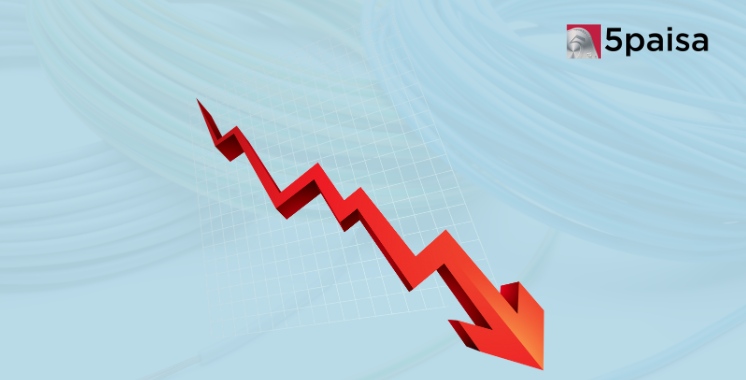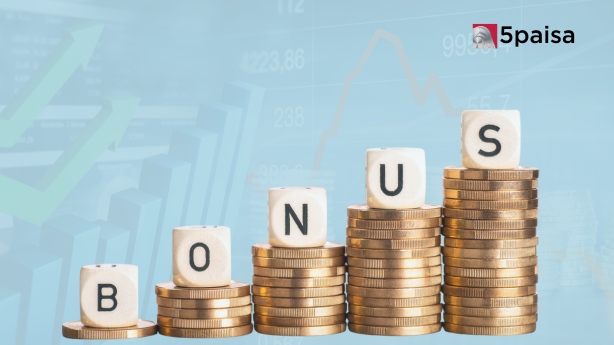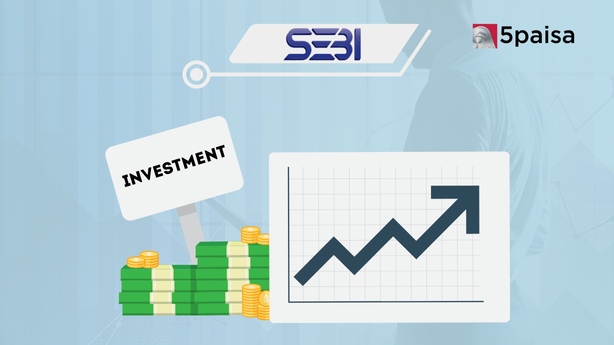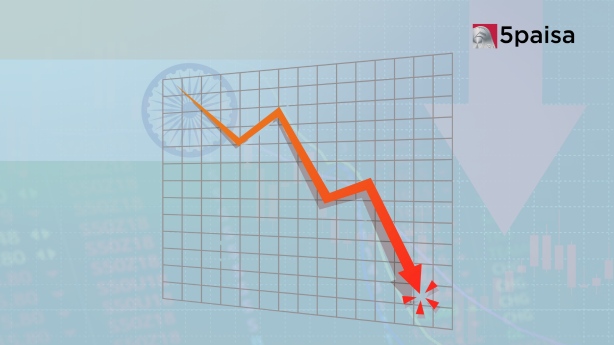Cable and Wire Stocks Decline for Second Session Amid Aditya Birla Group's Market Entry
India corporate credit quality stays strong, says CRISIL

One of the popular metrics used by CRISIL to assess corporate credit quality is through the corporate credit ratio. Now corporate credit ratio measures the ratio of corporate upgrades to corporate downgrades and is normally expressed as a multiple. Higher the multiple, the better it is. However, more than the absolute number, it is the trend in the corporate credit ratio that really gives the insights as it shows whether the corporate credit quality is improving, worsening or whether it is just static. CRISIL being the largest CRA in India, their study of companies tends to be a fair reflection of the India corporate story.
Let us now look at the actual numbers. CRISIL discloses this corporate credit ratio on a half-yearly basis. For the first half of fiscal FY23 ended September 2022 (H1-FY23), the corporate credit ratio (upgrades vs downgrades) came in at a rather impressive level of 5.52X. If you compare that with the sequential quarter i.e. H2-FY22, then it has improved from 5.04X to 5.52X. That is a meaningful improvement and indicates that the credit quality has actually improved on a QOQ basis. More importantly, it shows that the improvement is coming from the reduction in the number of downgrades, which is a good signal.
What has driven this improvement in corporate credit ratio?
According to CRISIL, a quick reading of corporate balance sheets and income statements tell us that there are 3 key factors that have been responsible for this improvement in the corporate credit ratio.
a) The first factor is strengthening domestic demand. Even the most pessimistic estimates are now pegging India’s GDP to grow at over 7% for FY23. That would translate into a lot of retail demand. In addition, the income levels and wealth levels have not really deteriorated in the pandemic, so there is also a lot of revenge buying likely to come in.
b) The second factor is higher price realizations in a tough market. This has been driven by a rise in overall income levels as well as a realization that the prices of most inputs have gone up yoy. Higher realizations may not translate into higher profits. However, they do tend to offset the impact of higher costs; partially if not totally.
c) A very important aspect is the reduction in debt across corporate India. It is not just the corporate bigwigs like Reliance, DLF and Tata Steel that are deleveraging. It is also quite rampant among mid-cap and small cap companies and that has been a key factor in improving the credit standing of Indian companies and boosting credit quality.
These findings are broadly in line with the positive credit quality outlook that CRISIL Ratings had articulated much earlier. It had given an estimate that in the first half, the upgrades would far outnumber downgrades and that trend is likely to continue through fiscal year FY23. Some more interesting statistics have emerged from the CRISIL study. For the first half of FY23, while the downgrade rate was flattish at 3.02%, the upgrade rate was up at 16.7%. In H1-FY23, total upgrades were 569 while downgrades were 103, resulting in a corporate credit ratio of 5.52X. The upgrades have perked, even through the pandemic.
What is really interesting in this data is that 35% of all upgrades came from the once beleaguered infrastructure sector. What has worked for Infrastructure sector is its unique domestic positioning, which had de-coupled it from global headwinds. For most of the infrastructure companies, the upgrades were triggered by improved operating cash flows, achieving critical project milestones and equity infusion. One of the big factors contributing to more predictable payment cycles is the presence of central counterparties in infra projects. That has helped to substantially provide padding to credit quality.
- Flat ₹20 Brokerage
- Next-gen Trading
- Advance Charting
- Actionable Ideas
Trending on 5paisa
02
 5paisa Research Team
5paisa Research Team
03
 5paisa Research Team
5paisa Research Team
04
 5paisa Research Team
5paisa Research Team
Indian Market Related Articles
Disclaimer: Investment in securities market are subject to market risks, read all the related documents carefully before investing. For detailed disclaimer please Click here.




